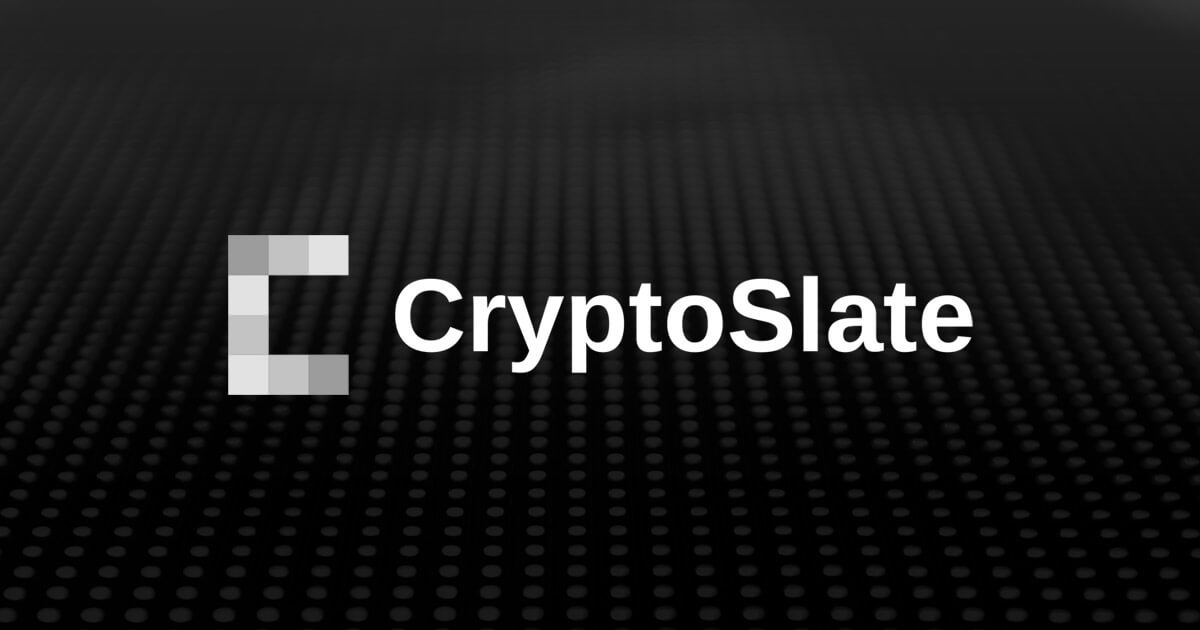 Ethereum Foundation researcher warns Bitcoin’s fee structure may compromise long-term security Oluwapelumi Adejumo · 30 mins ago · 2 min read
Ethereum Foundation researcher warns Bitcoin’s fee structure may compromise long-term security Oluwapelumi Adejumo · 30 mins ago · 2 min read
Justin Drake has warned that Bitcoin's security model could collapse under current fee dynamics.

Cover art/illustration via CryptoSlate. Image includes combined content which may include AI-generated content.
Justin Drake, a researcher at the Ethereum Foundation, has raised alarms over Bitcoin’s (BTC) long-term security.
In a detailed post on May 29, Drake argued that persistently low transaction fees on the Bitcoin network could make it increasingly vulnerable to a 51% attack, a scenario in which a single entity gains majority control of the blockchain’s computing power.
Bitcoin fees decline
According to Drake, Bitcoin’s fee structure has failed to evolve alongside its halving schedule.
He noted that while the three recent halving events have reduced block rewards over the past eight years, transaction fees have not risen enough to offset the drop.
According to him, fees now contribute just 1% of total miner revenue, down from earlier levels and hovering near a 13-year low of roughly 6.5 BTC per day.
 Bitcoin Network Transaction Fees (Source: Alphractal)
Bitcoin Network Transaction Fees (Source: Alphractal)Considering this, Drake stated:
“Bitcoin’s security model is broken. If Bitcoin gets taken over, the fallout could take the entire crypto ecosystem with it. The systemic risks can’t be ignored.”
Drake also challenged the long-held assumption that fees would naturally increase and eventually replace block rewards.
On the contrary, he argued that fees are shrinking, and if miners had to rely only on fees, their revenue could plunge 100x. This would reduce Bitcoin’s hash power to just 1% of its current strength.
According to Drake:
“That’s the trajectory we’re on. The 21M cap breaks security, it’s self-destructive. It should be clear now Satoshi made an ooopsie.”
Rising prices won’t save Bitcoin
Drake dismissed the idea that surging Bitcoin prices could resolve the issue.
He outlined a scenario in which Bitcoin hits $1 million per coin, yet still only covers 10% of today’s security cost if fee levels remain unchanged.
He noted:
“Today, Bitcoin is secured by 20 GW — the equivalent of 10M space heaters. A 90% cut in miner revenue would bring that down to 2 GW of security — 1M space heaters. For context, Texas alone produces 80 GW. There’s no way a $20T asset can be secured by 2 GW.”
Even if Bitcoin were to hit $10 million per coin, making it a $200 trillion network, Drake argued the cost to mount a 51% attack would remain trivial relative to its market cap.
He estimated that building 20 GW of hashing infrastructure would cost just $20 billion, only 0.01% of Bitcoin’s hypothetical $200 trillion value.
Solutions?
Drake concluded that Bitcoin’s current Proof-of-Work model may not be viable over the long term without structural adjustments.
So, he proposed several solutions, including revising the fee market or introducing tail issuance. The latter would involve lifting Bitcoin’s 21 million coin supply cap to maintain ongoing miner incentives.
In addition, he suggested a move to Proof-of-Stake (PoS), a system already used by Ethereum to secure its network.
Still, Drake acknowledged that his ideas face serious resistance within Bitcoin’s cultural and ideological framework.
Meanwhile, he also highlighted that some community members have proposed vague suggestions that BTC could adopt Proof-of-Authority through a consortium of mining pools. But he pointed out that there are few details on it.
Considering this, Drake concluded:
“Bitcoin is meant to be antifragile. Yet the elephant in the room in the room is not being addressed. We can burry our in heads in the sand. But the fundamentals are getting louder.”


















































